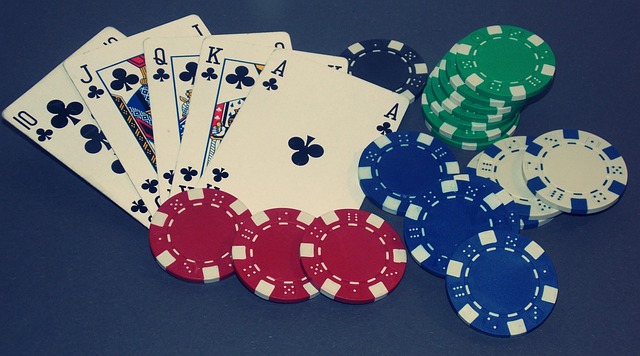The Allure of Poker
There is something inherently captivating about the game of poker. The thrill of the cards, the strategic mind games, and the chance to turn a small investment into a substantial win can create an intoxicating atmosphere at the poker table. For many, poker is not just a game; it’s a reflection of life itself—equal parts luck and skill, where calculated risks can yield tremendous rewards.
Understanding the Basics
Before diving into the more complex strategies, it’s crucial to solidify your understanding of the fundamental aspects of poker. Knowing the rules, hand rankings, and betting structures are necessary stepping stones on your path to becoming a master player. Familiarize yourself with the variations of the game—Texas Hold’em, Omaha, Seven Card Stud, and more. Each variant has its own tactics and intricacies, promising to challenge even the most seasoned gamblers.
Embrace the Mind Game
One of the most significant aspects of poker is the psychological element. Understanding your opponents can be as vital as understanding your hand. Learn to read body language and facial expressions—often referred to as “tells.” Are your opponents fidgeting? Or are they unusually quiet when you throw in a big bet? Each reaction could indicate strength or weakness. By mastering the art of observation, you can make more calculated decisions and potentially outmaneuver your competitors.
Position is Key
Your position at the table can dramatically affect your strategy. Generally, being in a late position allows you to act after your opponents, providing insight into their actions and possibly their hands. This knowledge can guide you in making more informed decisions. In contrast, playing from an early position often requires a tighter strategy, as you will be acting before a majority of the players.
Bankroll Management
One of the most practical strategies in poker revolves around effective bankroll management. Set a budget for your gambling endeavors and stick to it—regardless of the outcomes. Losing streaks are part of the game, and being emotionally or financially compromised can lead to poor decision-making. Protect your bankroll to ensure longevity in the game, allowing yourself to enjoy poker as both a hobby and a potential way to earn money.
Know When to Fold
While the urge to stay in a hand is strong, one of the most important skills in poker is knowing when to fold. Stubbornness can result in considerable losses, especially when the odds are not in your favor. Assess each hand critically, considering not only your cards but also the current bets, your position, and your opponents’ tendencies.
Continuous Learning
The world of poker is ever-evolving, with new strategies and analyses emerging almost daily. Continuous learning is essential for staying competitive. Read books by reputable poker authors, follow online forums, and engage with the poker community to gain new insights and techniques. Additionally, studying your own gameplay can help identify weaknesses and areas for improvement. Consider reviewing your game sessions and keeping notes on your decisions to understand what worked well and what did not.
Whether you’re playing casually with friends or participating in high-stakes tournaments, mastering poker combines skill, psychology, and strategy. As you develop your game, remember to enjoy the process—after all, the journey is just as exciting as the destination!




